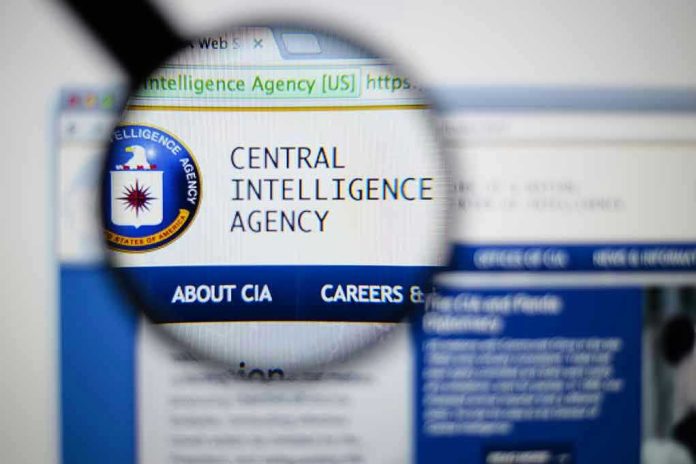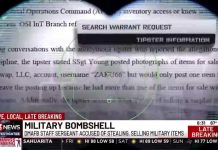
President Trump has thrown down the gauntlet by declassifying thousands of documents related to the assassinations of JFK, RFK, and MLK, challenging decades of bureaucratic secrecy.
At a Glance
- President Trump signed an executive order mandating the declassification of all remaining assassination records.
- The move aims to challenge long-standing secrecy and foster transparency.
- Robert F. Kennedy Jr. supports the order, emphasizing the need for open government.
- Intelligence agencies previously resisted full disclosure, citing national security.
Trump’s Bold Move for Transparency
On January 23, 2025, President Donald Trump signed Executive Order 14176, a landmark decision that mandates the declassification of all remaining federal records concerning the assassinations of President John F. Kennedy, Senator Robert F. Kennedy, and Dr. Martin Luther King Jr. For decades, these events have been shrouded in mystery, conspiracy theories, and a frustrating lack of transparency. Trump’s decision to declassify these documents strikes a blow for open government, challenging the status quo that has protected these records under the guise of national security.
The executive order demands a full review and declassification of the documents, with the presumption now in favor of disclosure, reflecting a significant shift from past practices. This move is seen as an effort to fulfill a campaign promise and address the public’s right to know about these pivotal moments in American history. The President’s decision highlights a commitment to transparency, a value that has often been sacrificed on the altar of supposed national security.
Challenges and Resistance from Intelligence Agencies
Historically, intelligence agencies such as the CIA and FBI have resisted the full release of these records, arguing that national security could be compromised. The persistence of these agencies in blocking full disclosure has only fueled the fire of conspiracy theories and public distrust. With the signing of this executive order, Trump has made it clear that the public interest outweighs the agencies’ concerns. It’s a bold stance that challenges the entrenched power dynamics within these secretive organizations.
While the agencies are now tasked with reviewing and preparing the records for release, there is no specific timeline for when the public will gain access to these documents. The process will involve necessary redactions, but the overarching goal is clear: transparency. The order’s language leaves little room for delay, emphasizing that action must be taken “without delay,” a directive that will undoubtedly test the will and efficiency of the agencies involved.
Political and Public Reactions
The signing of the executive order has elicited varied reactions across the political spectrum. Robert F. Kennedy Jr., whose family’s history is intertwined with these events, has been a vocal advocate for declassification. At the signing ceremony, Trump handed him the signing marker, symbolizing the personal and political significance of this action. Kennedy criticized the decades of secrecy and linked it to broader issues of government disinformation, a claim that resonates with many Americans who have grown weary of opaque governance.
The public and media have shown intense interest in the impending release of these documents. For historians, journalists, and researchers, this represents a potential goldmine of primary sources that could reshape our understanding of these assassinations. However, the long-term impact on public trust and historical narratives remains to be seen. The release could either confirm long-held suspicions or lay to rest some of the more outlandish conspiracy theories that have persisted over the years.
The Road Ahead
The executive order sets a significant precedent for future declassification efforts related to other historical events. It challenges the notion that the government should keep secrets from its citizens and opens the door for similar actions in other high-profile cases. This could signal a shift towards greater accountability and transparency in government, a change that many Americans have been clamoring for.
The broader implications of this decision are yet to unfold. The release of these documents may reignite debates over conspiracy theories, government accountability, and the balance between transparency and national security. As the process unfolds, it will be crucial to monitor the actions of the agencies involved and ensure that the spirit of the executive order is upheld. The American public deserves nothing less than full transparency and an honest reckoning with its history.
Sources:
Wikipedia: Executive Order 14176
The American Presidency Project (UCSB)













